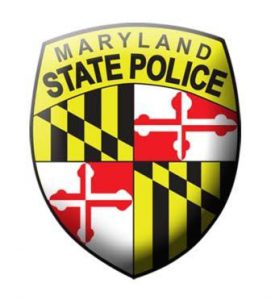Maryland State Police

- The members of the Maryland State Police are actively involved in both enforcement and prevention efforts related to the state’s coordinated response to the opioid crisis. This includes prevention education, the use of Naloxone and the focused enforcement by road patrol troopers and criminal investigators.
- All Maryland State Police troopers assigned to patrol duties are equipped with Naloxone and trained in how to administer it. This enables troopers to immediately provide assistance to a victim of a heroin overdose. State troopers administered Naloxone to overdose victims 87 times in 2016.
- The priority for state troopers responding to a heroin overdose is the successful recovery of the victim. They do not charge the victim with overdosing. However, each time a Maryland state trooper is on the scene of a heroin overdose, a State Police criminal investigator is dispatched to follow up. State Police work to develop information about the source of the heroin that caused the overdose. Investigative information is then compiled by the Heroin Task Force in an effort to identify those importing and distributing heroin in Maryland.
- Maryland State Police drug investigators focus on inter-jurisdictional and cross-border investigations that involve the criminal importation of heroin and other drugs in the state, as well as the criminal enterprise of drug trafficking organizations working throughout the state. Maryland State Police investigators are often working in cooperation with local and federal law enforcement officials on joint investigations.
- Maryland State Police barracks regularly participate with the Drug Enforcement Administration’s “Drug Take Back Day,” which encourages citizens to turn in unused/expired prescriptions, especially opioids. State Police also emphasize the importance of protecting prescription pills in the home from theft as a way to prevent further opioid abuse and addiction.

 1-888-373-7888
1-888-373-7888 233733
233733